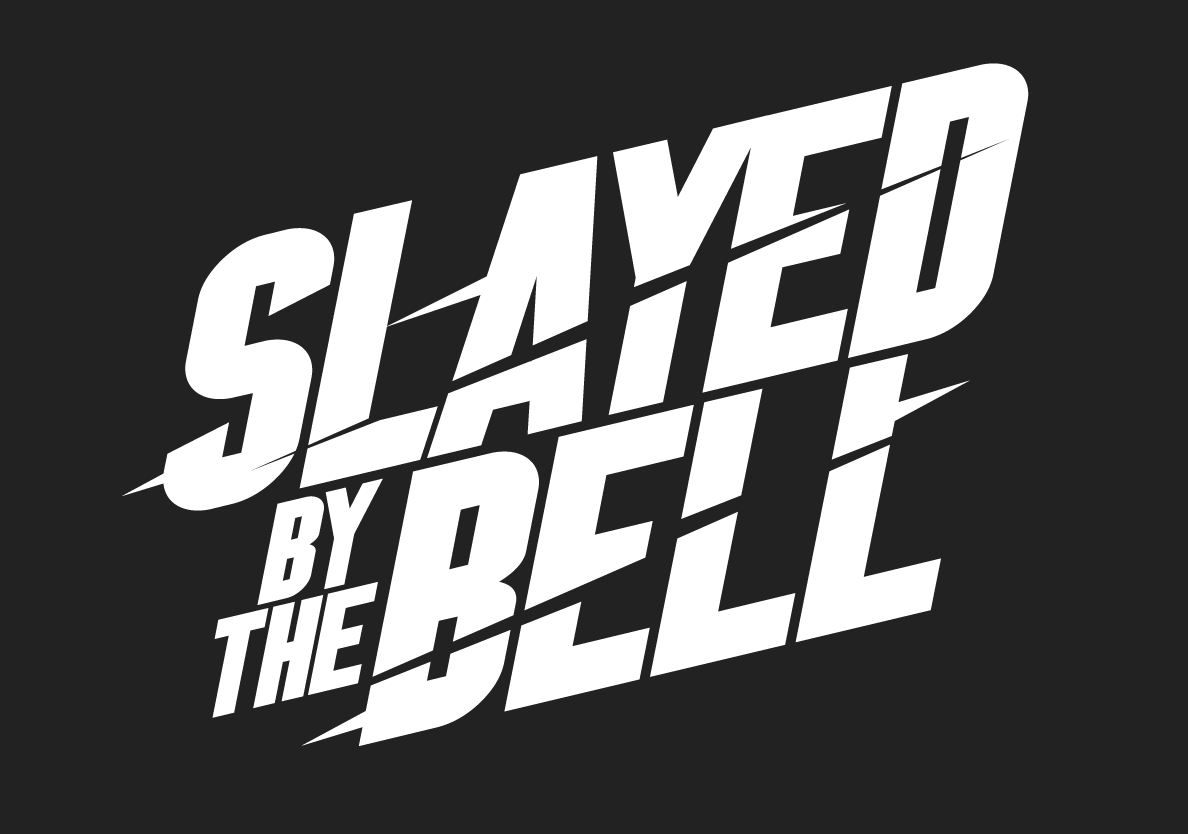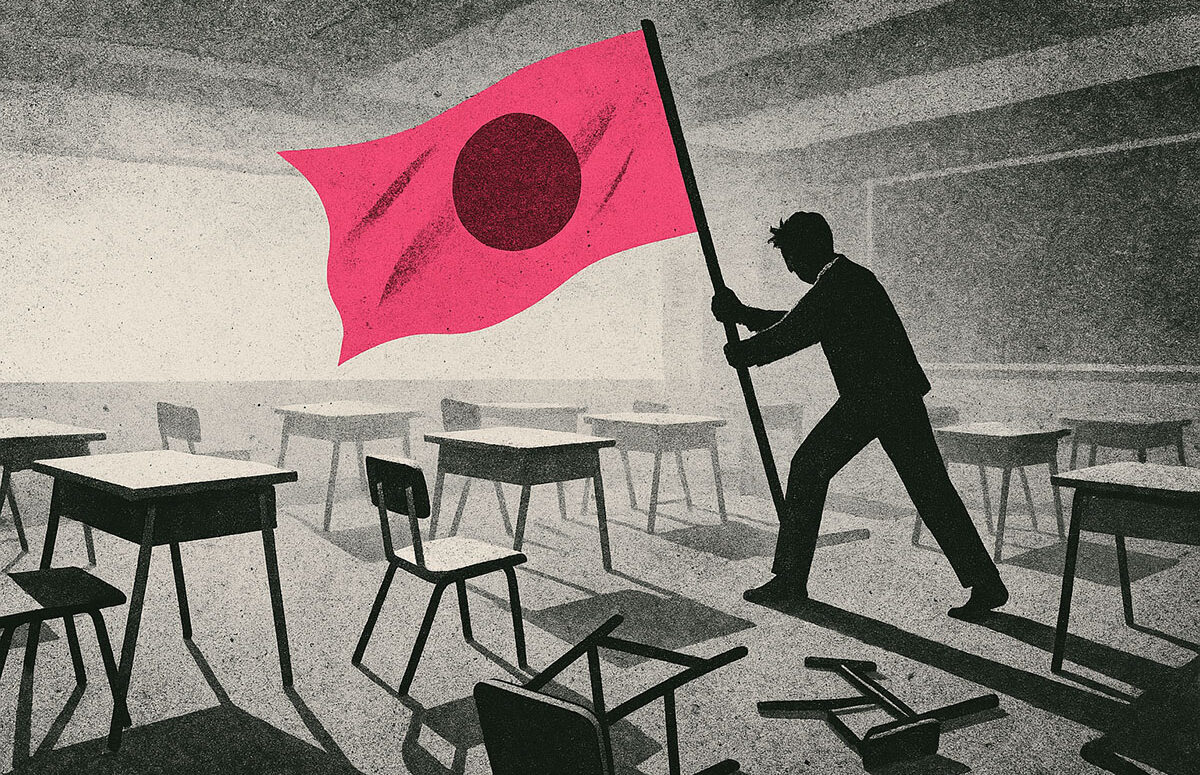Reclaiming the Classroom
This is the final part of my series on student behaviour. In Part 1, I tackled the breakdown of basic civility: the rudeness, the refusal, the fucking cheek. In Part 2, I broke down the dopamine nightmare—the tech-fuelled, attention-sapping, overstimulated disaster we’re now expected to teach through.
Now it’s time to fight back. This post is about what we can do—because while we’re not responsible for fixing everything, we sure as shit don’t have to lie down and take it. Reclaiming the classroom isn’t about being perfect. It’s about being intentional. Strategic. Defiant.
Problem
Right now, classrooms feel like contested ground. Expectations are blurred. Authority is undermined. Consistency is dead. Teachers are left to hold the line with no backup while SLT chase data and optics. The result? Kids don’t take lessons seriously, and neither—if we’re honest—do a lot of the adults running the show.
Everyone knows the rules, but no one enforces them. Or they do, until it becomes inconvenient. What we’re left with is chaos dressed up as inclusion and compliance dressed up as engagement. The profession has lost its spine, and the kids know it.
Causes
1. Weak, PR-obsessed leadership
Too many senior leaders care more about appearing “progressive” than actually supporting teachers. Behaviour policies are rewritten every year based on what sounds good to inspectors or parents. Nothing sticks. Sanctions are watered down. Expectations are vague. If a student kicks off, the teacher gets scrutinised more than the kid. You want to know why classrooms feel lawless? Because leadership stopped backing the people who enforce the law.
2. Performative inclusion bollocks
Inclusion matters. Obviously. But using it as a smokescreen for refusing to uphold standards? That’s bullshit. A kid throwing a chair isn’t “self-regulating in their own way.” A student shouting “fuck off” isn’t “communicating their unmet need.” That’s not trauma-informed—it’s cowardice. Real inclusion doesn’t mean excusing unacceptable behaviour; it means putting proper support and clear limits in place. We’ve lost the balance and replaced it with jargon.
3. Behaviour as branding, not substance
Schools don’t want a behaviour system; they want a behaviour narrative. It looks great on the website. “Culture of excellence.” “High expectations.” “Zero tolerance.” But inside the building, it’s a shitshow of inconsistent messages, overworked staff, and kids playing the gaps. Leadership wants compliance numbers, not classroom reality. And God forbid you log too many behaviour points—you’ll get pulled in for being “too negative.”
4. Teachers are guilt-tripped into silence
We’re told to be kind. To show empathy. To “understand the whole child.” But there’s a line between compassion and complicity. Teachers are manipulated into swallowing disrespect and disruption under the guise of care. And if we speak out? We’re the problem. Not flexible enough. Not inclusive enough. Not positive enough. It’s emotional blackmail, and it’s fucking everywhere.
5. The public still thinks we’re lazy whingers
Thanks to years of press bullshit, the public still thinks teachers are coasting on long holidays and moaning too much. So when things fall apart, nobody listens. There’s no public pressure to fix this mess—because most people think we’ve already got it easy. That cultural narrative bleeds into everything. We’re seen as the problem, not the ones trying to solve it.
Effects
It’s not just that behaviour is bad; it’s that we’ve been trained to accept it. We lower our expectations to survive the day. We absorb disrespect like it’s normal. We tell ourselves we’re being understanding when really, we’re just burnt out. Good staff leave. Decent lessons collapse under the weight of nonsense. Students lose out, not just academically, but morally. They don’t learn how to behave because no one holds the line long enough for it to stick.
Worse still, the kids who need the structure most—the ones hanging on by a thread—are the ones most failed by this chaos. They’re not being supported. They’re being abandoned in a system too scared to say no.
Solutions
We stop pretending. That’s the first step. We stop lying to ourselves and to each other. The behaviour crisis is real, and it’s being driven by weak leadership, bullshit policy, and cultural cowardice. Reclaiming the classroom means reclaiming the right to teach without being treated like a punching bag.
We enforce expectations like they fucking matter. Not because we’re robots. Not because we’re heartless. But because consistency is the first form of care. We call out the slack. We document everything. We challenge the CPD fluff that tells us to “focus on relationships” while ignoring the need for boundaries. We push our leaders—hard—to back us. And if they don’t, we stop covering for them. Start naming the issues. Loudly.
We re-centre the purpose of school: education, not appeasement. We don’t sugarcoat challenge. We normalise effort. We create routines that feel like structure, not suggestions. And when behaviour breaks down, we don’t wrap it in euphemism—we deal with it directly. Fairly. Firmly.
This isn’t about being harsh. It’s about refusing to be helpless.
Conclusion
If you’ve made it through this series, you already know: this isn’t just about behaviour. It’s about power. Purpose. Professional dignity. Part 1 showed the collapse of civility. Part 2 showed the tech-fuelled brain drain feeding it. And now, Part 3 is your call to arms. You don’t need to fix everything. You just need to stop pretending it’s all fine.
Hold the fucking line.

